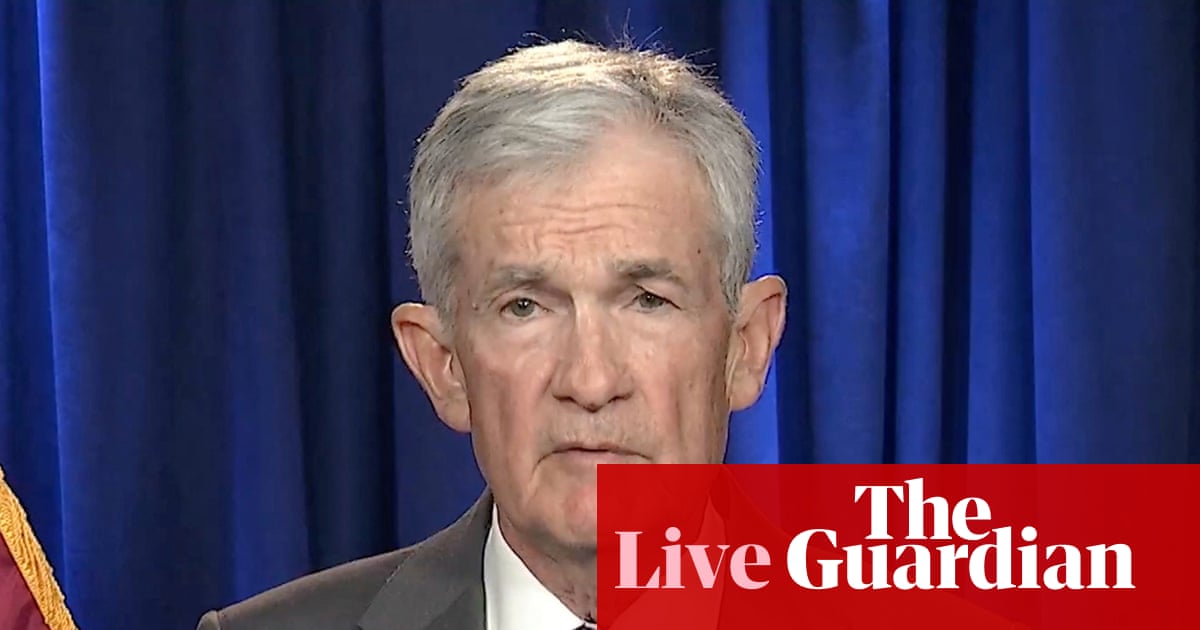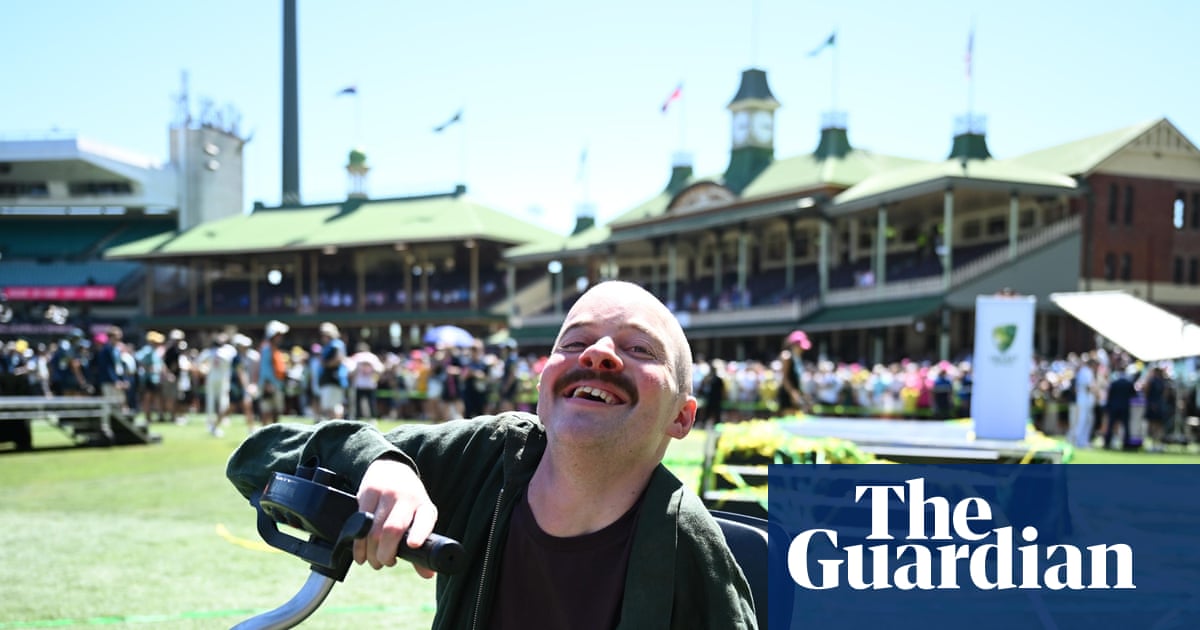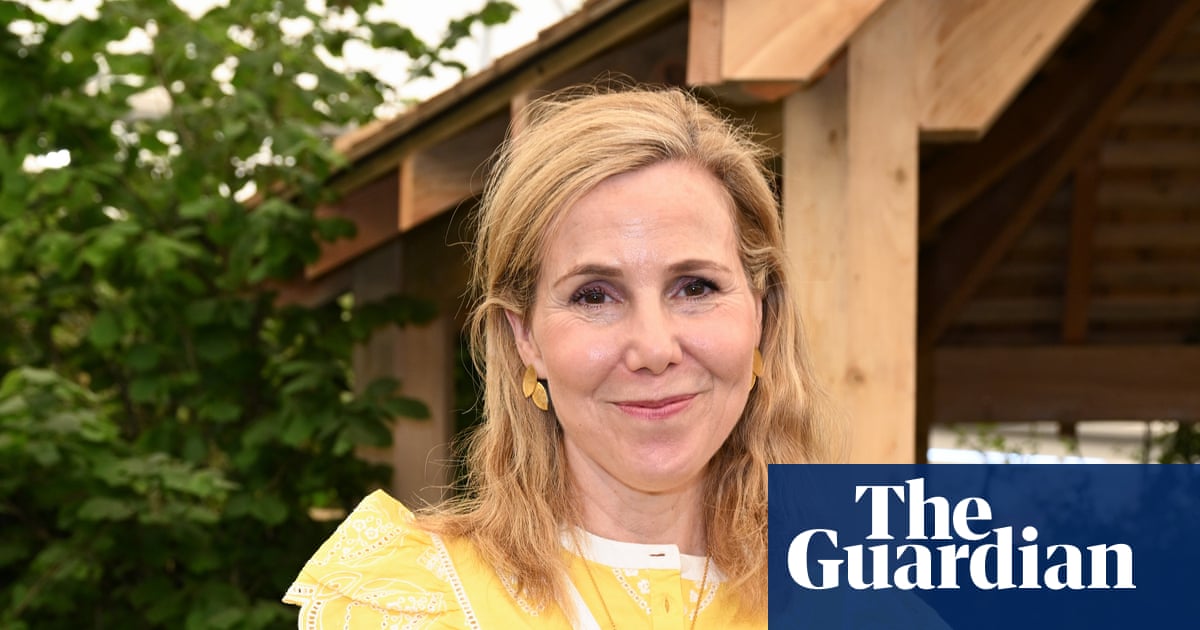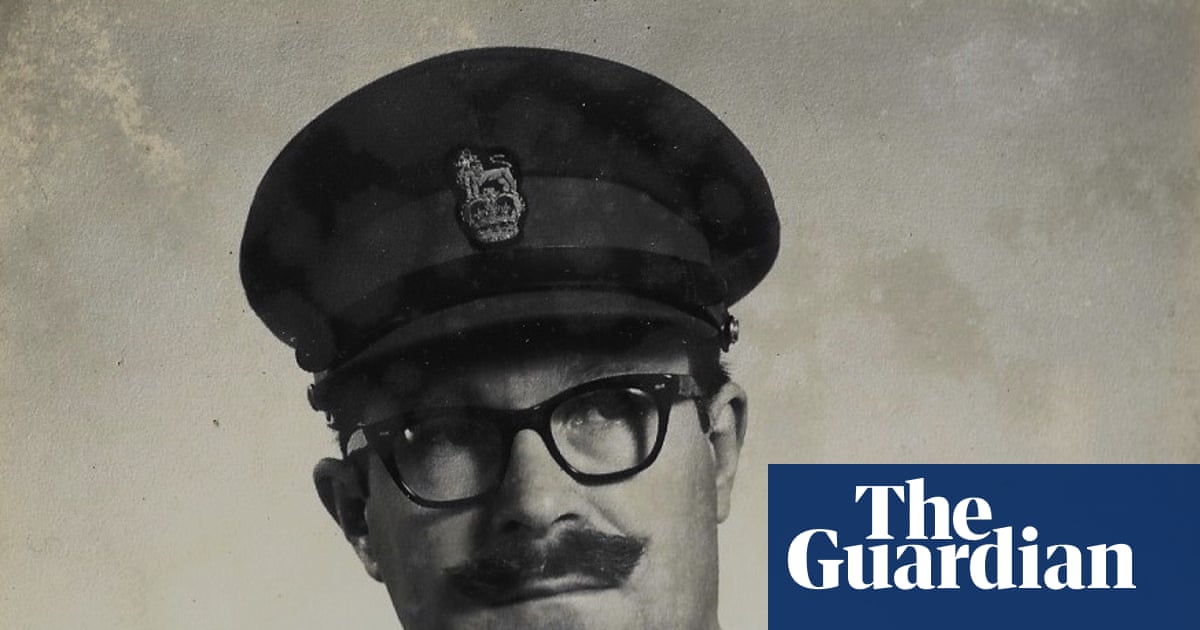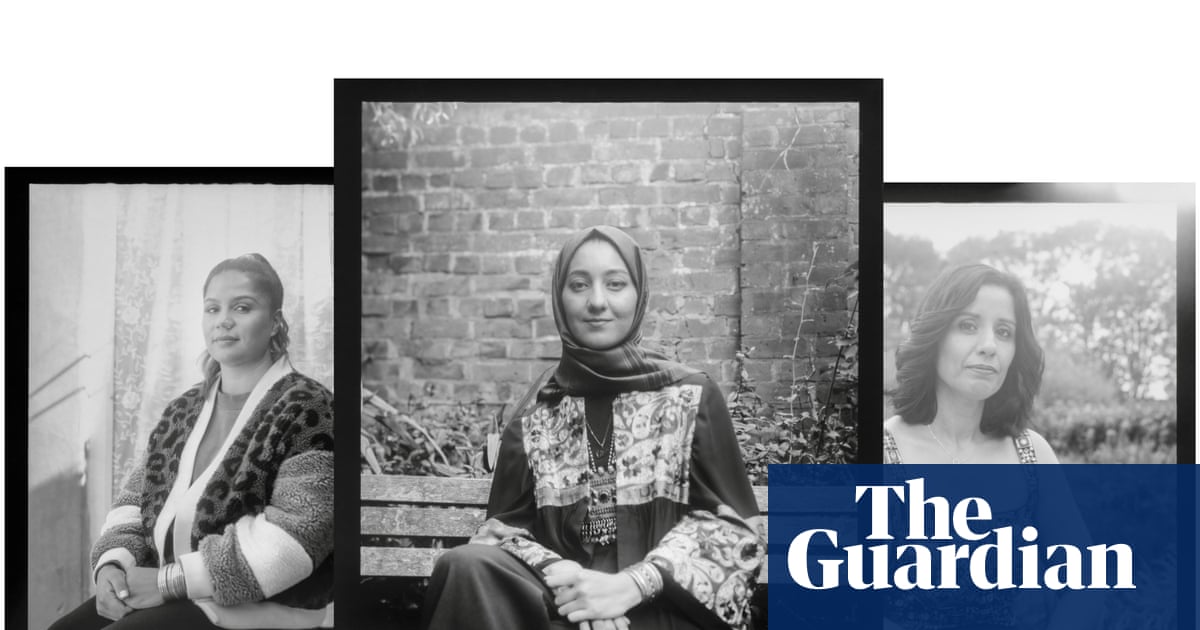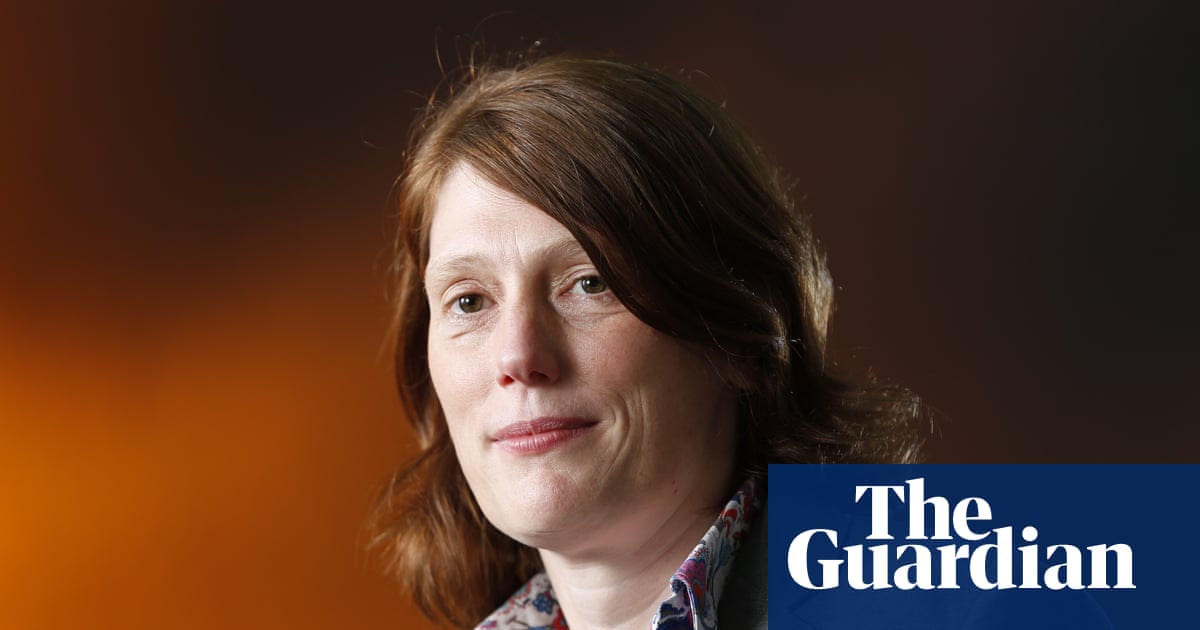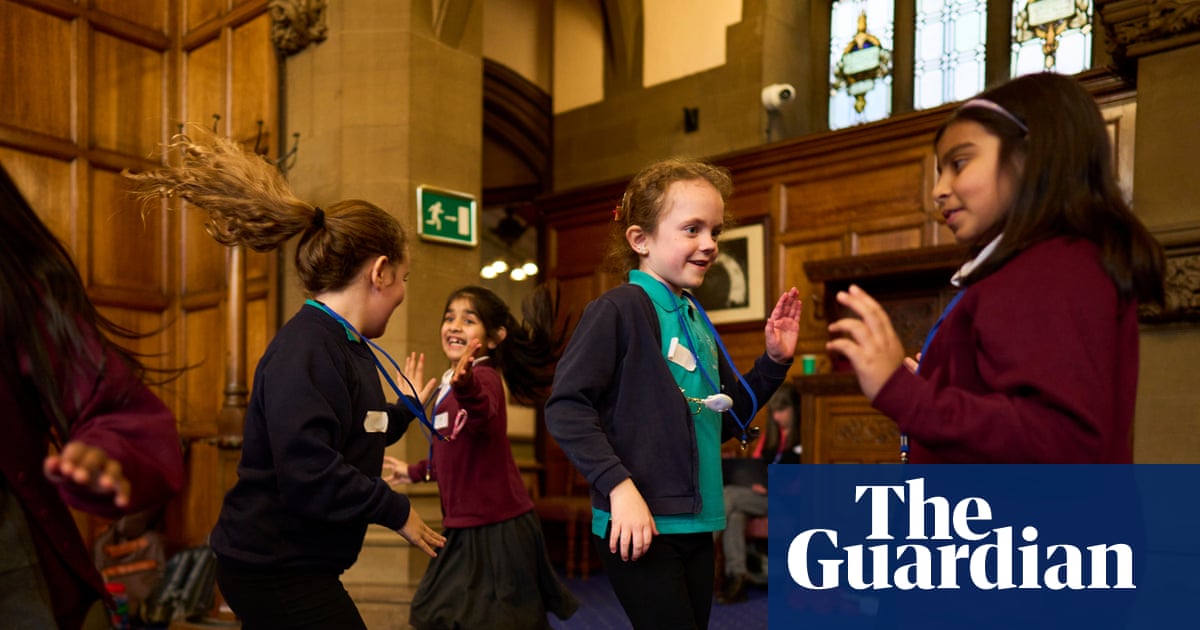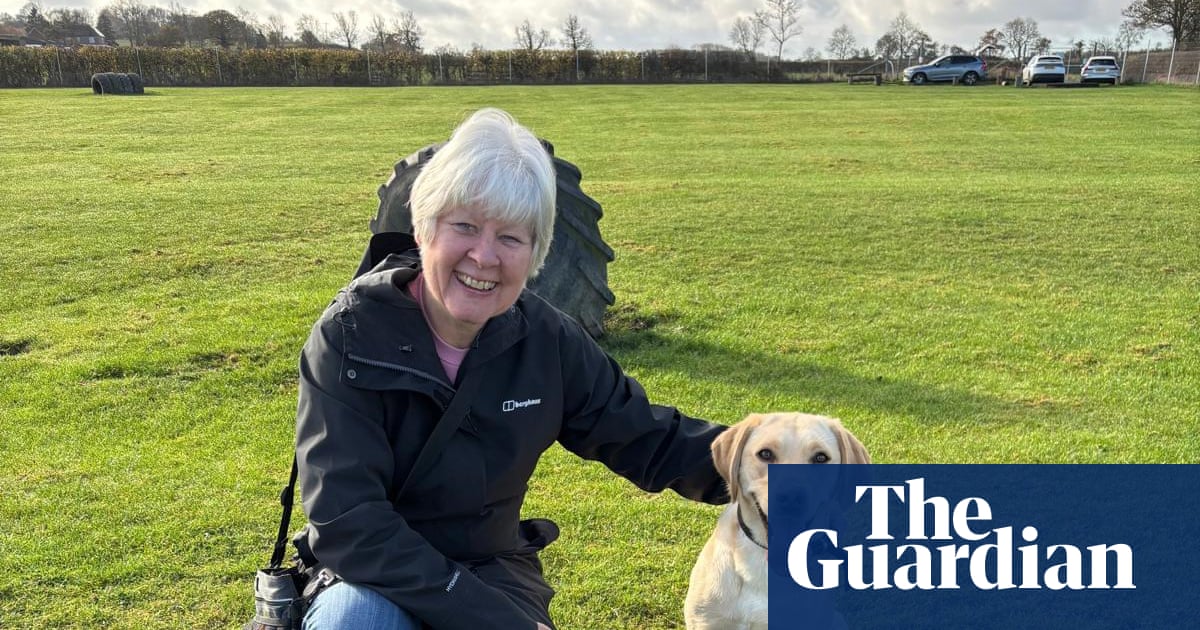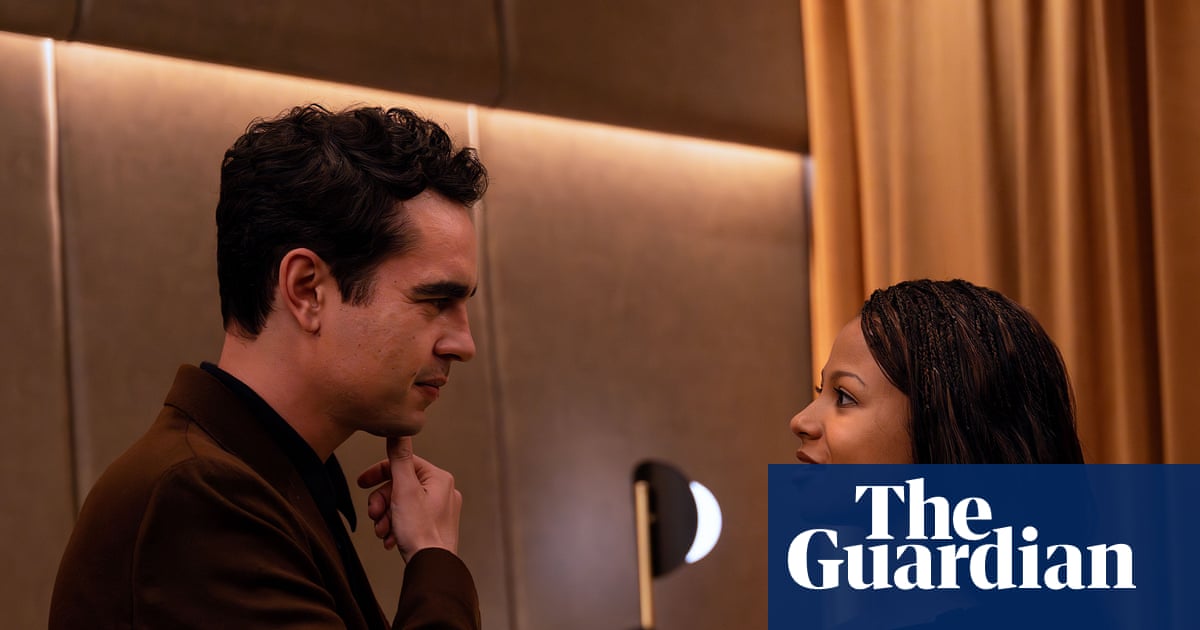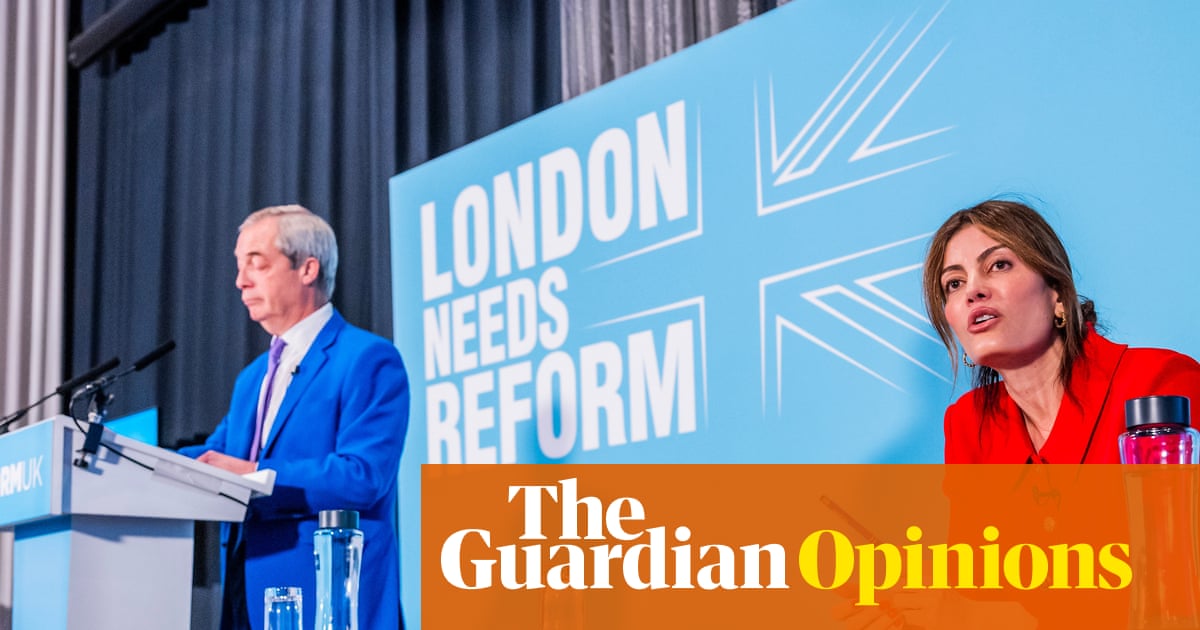Dressed all in black and wearing a yellow helmet, the man on the bike looked like just another food delivery driver, one of hundreds crisscrossing the city of Lviv with a big yellow box on his back.
This courier had no meals to deliver, however. Instead, he lurked on a quiet side street, waiting for a balding 54-year-old with cropped grey hair at the sides and black-rimmed spectacles to appear.
The man on the bike had studied the target’s movements over previous weeks, and was expecting him to emerge from his apartment building onto the street and head to the gym. When he did, the fake courier approached from behind, took out a pistol, and fired eight times before fleeing.
The 30 August killing, many believe, was the latest in a series of assassinations in Ukraine and Russia, part of a shadow war between the two countries carried out by warring security services and their accomplices on the ground. It has so far involved execution-style shootings, car bombs and, in one case, even an exploding scooter.
The dead man, police quickly realised, was Andriy Parubiy, one of Ukraine’s best-known nationalist politicians. Parubiy campaigned for Ukraine’s independence from the Soviet Union as a teenager, and became increasingly radical in the 1990s, joining a far-right Ukrainian nationalist milieu. Later on he toned down his views, but remained constant in his belief that Ukraine needed to be rid of all Russian influence.
During Ukraine’s Maidan revolution of 2014, Parubiy organised groups of protesters into “self-defence units” that fought against riot police. After the triumph of the revolution, he became the secretary of Ukraine’s security council, as the country tried to steer a new course away from Russia. By the time full-scale war broke out in 2022, he was no longer a household name, but was still an MP.

“He was a true patriot of Ukraine, a person with a sincere desire to build a better Ukraine,” said Yarema Dukh, who had previously worked as Parubiy’s press secretary. Volodymyr Ariev, an MP from the European Solidarity party where Parubiy was also an MP, said: “He was a person who fought for real independence from the Russian empire, the post-Soviet empire.”
Russia painted Parubiy as a more sinister figure, holding him responsible for the deaths of dozens of pro-Russian supporters in Odesa in May 2014, when a day of clashes between Russian and Ukrainian supporters ended in a fire in which more than 40 died. The Kremlin narrative paints the deaths into a brutal and deliberate massacre.
In a 2015 interview with Ukraine’s hromadske television, Parubiy said he had been told by the country’s intelligence services that Russia had concocted a plot to kidnap and bring him to Russia for a show trial about the “coup” on Maidan and the deaths in Odesa. “After this, for the first time in my life I gave my approval for [a] security team,” he said at the time.
Parubiy was also a subject of a Ukrainian criminal inquiry into the deaths in Odesa in a case that never came to a conclusion. But many Ukrainians saw the brutal events in Odesa differently: as the moment when pro-Ukraine forces finally stood up to Russian-stirred separatist sentiment, preventing a repeat in Odesa of the full-fledged scenario the Kremlin had engineered in Donbas.
Vladimir Putin never forgot the events in Odesa, as evidenced by a speech just before he launched the full-scale invasion in 2022. “The criminals who carried out this atrocity have not been punished, but we know them by name and we will do everything to punish them – find them and bring them to court,” he said.
When Russia failed to occupy Odesa in 2022, it appears the Kremlin turned to other methods. Parubiy featured on an apparent Russian “kill list” of dozens of names of prominent Ukrainians, which was handed by a partner intelligence service to Ukraine’s SBU security service in the weeks after the full-scale invasion, a security source told the Guardian.
The then head of the SBU, Ivan Bakanov, called Parubiy personally to warn him he was on the list, said the source. However, as the country was then in the hottest phase of repelling Russia’s invasion, there were no resources to provide personal security details. Those on the list were simply told to exercise caution and be aware of the threat. Some Ukrainian media reported that Parubiy had later asked for a security detail, but was denied.
Parubiy’s was not the first murder linked to the 2014 Odesa violence. In March this year, the 31-year-old blogger Demyan Hanul, who was also active in Odesa’s anti-Russian movement in 2014, was shot dead in the city. Local prosecutors reported that the suspect in the shooting was a Ukrainian soldier who had deserted his military post and agreed to carry out the hit on orders of people who claimed to be working for Ukrainian authorities but were in fact working for Russia. The trial is due to begin soon.
Ukrainian MP Oleksiy Honcharenko told the Guardian he has also been warned by security services that he is on a hit list. In June, a Russian court sentenced him to 10 years in jail in absentia for what it said was his responsibility for the Odesa violence.
Valeriy Kondratiuk, a former head of Ukraine’s foreign and military intelligence services, said Russia’s domestic FSB security service takes the lead in determining targets for assassination, and then shares the tasks with other agencies. “The FSB is responsible for drawing up lists, then there is coordination between their different services for carrying out the killings,” he said.
Kondratiuk said that given Parubiy was known to be a “personal enemy of the Kremlin”, it had been a mistake for the state not to provide him with bodyguards, and that the killing pointed to failures in Ukraine’s security apparatus.
after newsletter promotion
“There should be three rings of security: first, the foreign intelligence should be on the lookout for threats; if that fails, counterintelligence should be following the planning process and if that fails, his personal security should neutralise the threat. All three rings failed here,” he said.
The Russian services have become adept at recruiting Ukrainians to carry out their work, sometimes appealing to ideology and sometimes using “false flag” recruitment and pretending to be criminals or Ukrainian authorities. Moscow has even recruited a string of Ukrainian teenagers to act as unwitting suicide bombers at police stations and other official buildings.
But the attacks on specific targets are often more professionally organised. In what is believed to be the first successful Russian targeting of a Ukrainian security official away from the frontline, in July the SBU colonel Ivan Voronych was shot dead inside a secure compound in central Kyiv.
Sources said Voronych had earlier been the deputy head of the SBU’s secretive fifth department, a unit that was set up after 2014 and carried out audacious operations inside occupied Ukraine. It was reportedly responsible for numerous hits on Russian-installed separatist leaders in the Donbas, and so Voronych would have been a top target for Russia. The perpetrators, reportedly a couple who travelled to Ukraine on Azerbaijani passports, were later killed in a shootout.
In the case of Parubiy, so far no direct evidence has been presented that Moscow was behind the hit. The killer, when apprehended two days later, turned out to be a Lviv native and claimed he wanted to take revenge on the Ukrainian authorities and to be exchanged to Russia to look for his missing son. Much about his story appears strange, but friends and colleagues of Parubiy say they have little doubt that the trail will eventually lead back to Russia.
“Who killed him? From the very first second, we had no doubts. The Russkies, Putin, and the fifth column in our country,” said former president Petro Poroshenko in a speech at Parubiy’s funeral.
What is clear is that both Moscow and Kyiv now see assassinations as a key part of their war effort, even if neither side takes public responsibility for their attacks.
Just a few days before the murder of Parubiy, an explosion in a shopping centre close to Lubyanka, the headquarters of Russia’s FSB security service in Moscow, killed one person and injured several, including a man who was identified by Russian news outlets as a high-ranking FSB officer. A source in Kyiv said the man was part of the FSB’s fifth service, responsible for sowing discord in Ukraine.
It was the latest in a whole series of assassinations inside Russia, including an army general blown up outside his apartment block by an exploding scooter, and a car bomb meant for the radical nationalist ideologue Alexander Dugin that instead killed his daughter Darya.
In private, many say that this shadow part of the war is destined to continue even when the guns stop firing at the front. “Think how many people there are to take revenge on, how much anger and fury there is,” said a security source in Kyiv. “Even if there is a ceasefire and a deal, these killings will go on for years. This is just the start.”

 3 months ago
85
3 months ago
85

